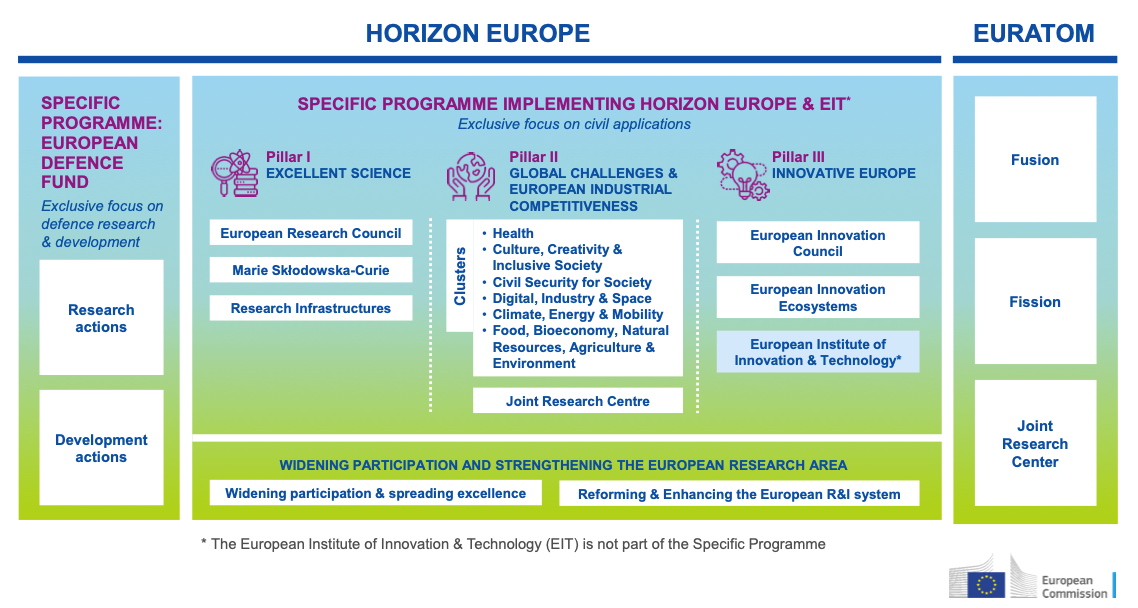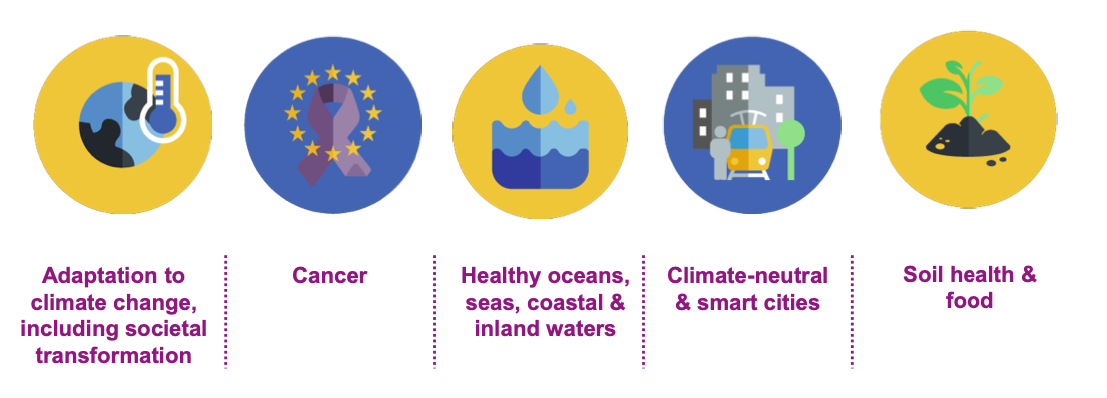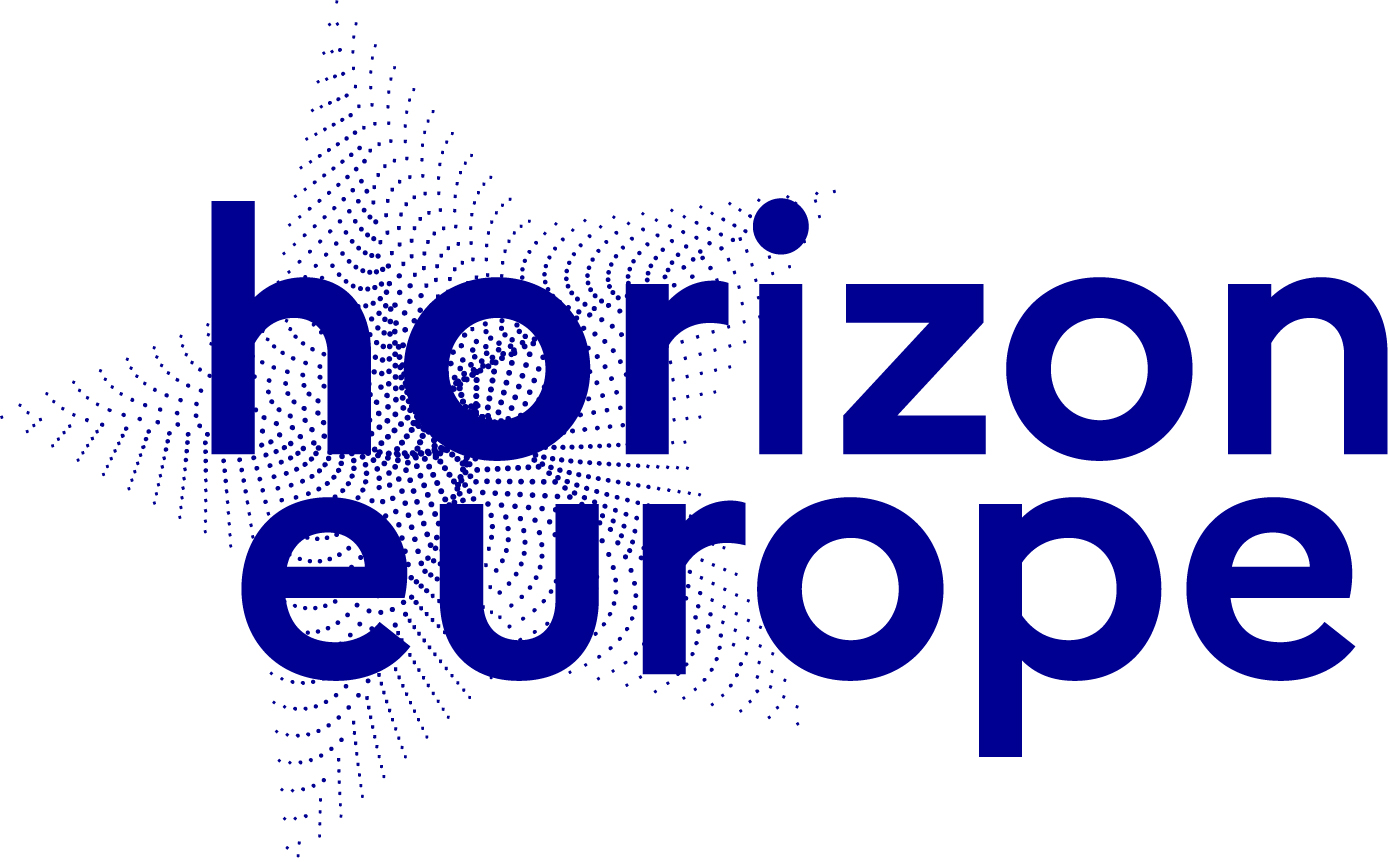The programme
Horizon Europe is the European Union's (EU) main funding programme for research and innovation. It has a budget of around 95.5 billion euros for the period 2021-27.
The programme facilitates collaboration and strengthens the impact of research and innovation in developing, supporting and implementing EU policies, while addressing global challenges.
It supports the creation and better dissemination of excellent knowledge and technologies. It creates jobs, fully mobilises the EU's talent pool, stimulates economic growth, promotes industrial competitiveness and maximises the impact of investment within a strengthened European Research Area. Legal entities from the EU and associated countries can participate.
The EU's ambitious research and innovation framework programme (2021-2027) focuses on:
- Science and technologyStimulating scientific and technological excellence in the EU and strengthening the European Research Area (ERA)
- Company tackling political priorities, including the green and digital transition and sustainable development objectives
- Economy Boosting innovation, competitiveness and employment in Europe

Source : European Commission
Programme structure
Horizon Europe is divided into sub-pillars and European funding programmes.
Pillar I - Excellence and Science: strengthening and extending the excellence of the EU's science base
European Research Council
Cutting-edge research carried out by top researchers and their teams
Budget: €16 billion
Marie Sklodowska Curie Shares
Equipping researchers with new knowledge and skills through mobility and training
Budget: € 6.6 billion
Research infrastructure
World-class integrated and interconnected research infrastructures
Budget: € 2.4 billion
Pillar II - Global challenges and European industrial competitiveness
Promoting key technologies and solutions that underpin EU policies and sustainable development objectives (6 clusters and Joint Research Centre - non-nuclear direct actions).
The second pillar of Horizon Europe supports research into societal challenges and strengthens technological and industrial capacities through through the following thematic clusters:

Pillar 2 also includes the activities carried out by the Joint Research Centre, which supports European and national decision-makers by providing independent scientific evidence and technical assistance.
Pillar III - Innovative Europe
Stimulating market-creating advances and ecosystems conducive to innovation.
European Innovation Council
Stimulating market-creating advances and ecosystems conducive to innovation
Budget: € 10.6 billion
European innovation ecosystems
Connections with regional and national innovation players
Budget: €500 million
Research infrastructure
Bringing together the key players (research, education and business) around a common objective to foster innovation
Budget: € 3 billion
Horizon Europe also establishes 5 key missions
A mission is a portfolio of interdisciplinary actions aimed at achieving a bold, inspiring and measurable objective within a given timeframe, with an impact on society and public policy. Horizon Europe defines mission characteristics, governance elements and five mission areas. Specific missions are programmed under the "Global Challenges" and "European Industrial Competitiveness" pillars, but may also benefit from actions carried out under other strands of the programme, as well as complementary actions carried out under other EU programmes.
The 5 missions:

What actions are financed?
Three types of action can be funded by the Horizon Europe programme:
- Research and innovation initiatives (RIA) - They concern research projects aimed at establishing new knowledge and exploring the feasibility of new technologies, products, processes, services or solutions.
- Innovation initiatives (IA) - they concern activities that facilitate the marketing and implementation of new products, processes or services. These projects may include prototyping or testing.
- Support and coordination actions (CSA) - They cover project coordination and networking, dissemination and communication activities, as well as coordination on research and innovation programmes and policies.
HORIZON EUROPE projects are always European collaborative projectsconsortia, i.e. involving several partners from several countries (at least 3). In practice, the consortia are often much larger, which is why the the need to plan the project set-up and partner search well in advance.
Selection is made either by a phase (submission of a complete application) or in two phases with a pre-selection of applications.
Submission process and deadlines
Calls for project proposals are officially launched on the European Commission website funding & tender with detailed information on the application process, evaluation criteria and guidance documents available on the European Commission's Funding Opportunities and Calls for Tender portal.
For further information:
How can Scinnov help you?
Scinnov offers comprehensive support to applicants throughout the funding process. With extensive experience in monitoring research and innovation framework programmes (since FP6), our services include :
- Information and understanding on the programme and its funding opportunities.
- Strategy and alignment of subsidiesEnsuring that your project is aligned with the objectives of the Horizon Europe programme
- Preparation of financing requestsdrafting technical, administrative and budgetary documents.
- Review and validationIn-depth reviews of submission documents.
- Communication with the authoritiesThe Group's strategy: guiding interactions with funding authorities.
- Project managementassistance with grant and consortium agreements, reports, amendments, deliverables, milestones, etc.
Our team is dedicated to helping you navigate the Horizon Europe programmes and clusters, ensuring that your proposal is competitive and has impact.
Need help with your project?
Our team will help you define your needs so that we can offer you the most appropriate service.
